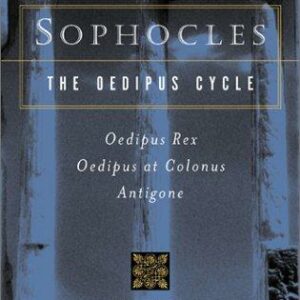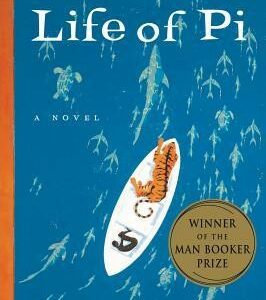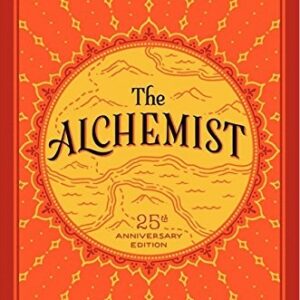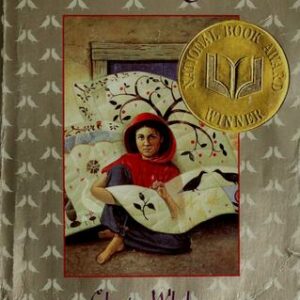Philosophical Letters, Abridged
$24.00
| Title | Range | Discount |
|---|---|---|
| Trade Discount | 5 + | 25% |
- Description
- Additional information
Description
"Margaret Cavendish (1623–1673) is a fascinating figure who is getting increasing attention by historians of philosophy these days, and for good reason. . . . She’s an interesting advocate of a vitalist tradition emphasizing the inherent activity of matter, as well as its inherent perceptive faculties. She’s also the perfect character to open students (and their teachers) up to a different seventeenth century, and a different cast of philosophical characters. This is an ideal book to use in the classroom. The Philosophical Letters (1664) gives us Cavendish’s view of what was interesting and important in the philosophical world at that moment, a view of philosophy as it was at the time by an engaged participant. There are few documents like it in the history of philosophy. Deborah Boyle’s Introduction provides a very accessible summary of Cavendish’s natural philosophy, as well as good introductions to the other figures that Cavendish discusses in the book. Boyle’s annotations are not extensive, but they are a great help in guiding the student toward an informed reading of the texts."
—Daniel Garber, Princeton University "Boyle’s new edition of Cavendish’s Philosophical Letters makes accessible in print this imagined correspondence between Cavendish and another woman about how Cavendish’s view compares to those of Descartes, Hobbes, More, and Van Helmont. Boyle’s excellent Introduction sets the work in its context with respect to modes of writing and the intellectual environment in which she wrote, to Cavendish’s philosophical system as it is developed across her writings, and to the views of those thinkers against which she positions herself. This edition is both scholarly and accessible. It will be valuable to those already familiar with Cavendish, and especially valuable to those just starting to incorporate Cavendish into their understanding of early modern philosophy.”
—Lisa Shapiro, Simon Fraser University “Boyle argues, and succeeds in making the case, that the Letters can be read on their own and stand as a single work (not a scattered series of thoughts). This will almost certainly become the standard volume of Cavendish's Letters."
—Stephen Barbone, San Diego State University “Cavendish’s Philosophical Letters are an essential yet perhaps unappreciated text for those exploring the seventeenth century scientific revolution. . . . Boyle’s introduction is magically concise where the letters are dense and dizzying, at one moment abstract and then turning toward unexpected metaphor or even cultural commentary. . . . This is a text where the introduction is not only necessary, but thankfully also elucidatory, making legible the concerns and variety of opinions that produced it.
“This edition is valuable to both advanced scholars and students because the scholarly apparati show what Cavendish is reading and responding to, a difficult task for those who had previously depended on the facsimile edition of the 1664 folio.
"Boyle’s edition makes it possible to introduce this difficult text with crucial background and clarification, so that students in particular will see what she accurately calls 'a clearer picture of the shape of philosophy in the seventeenth century.'"
—Andrew Black, Murray State University, in The Seventeenth Century Deborah Boyle is Professor of Philosophy, College of Charleston.
Additional information
| Weight | 1 oz |
|---|---|
| Dimensions | 1 × 1 × 1 in |









